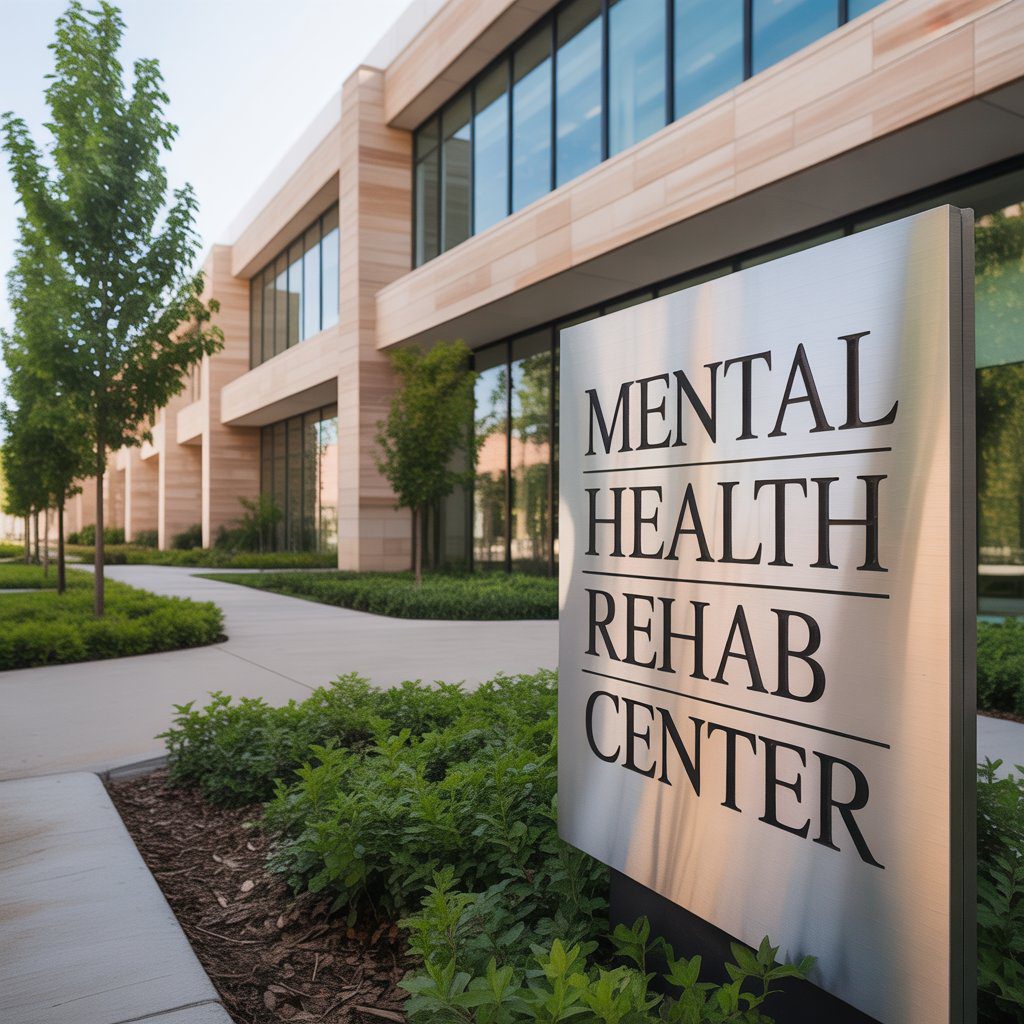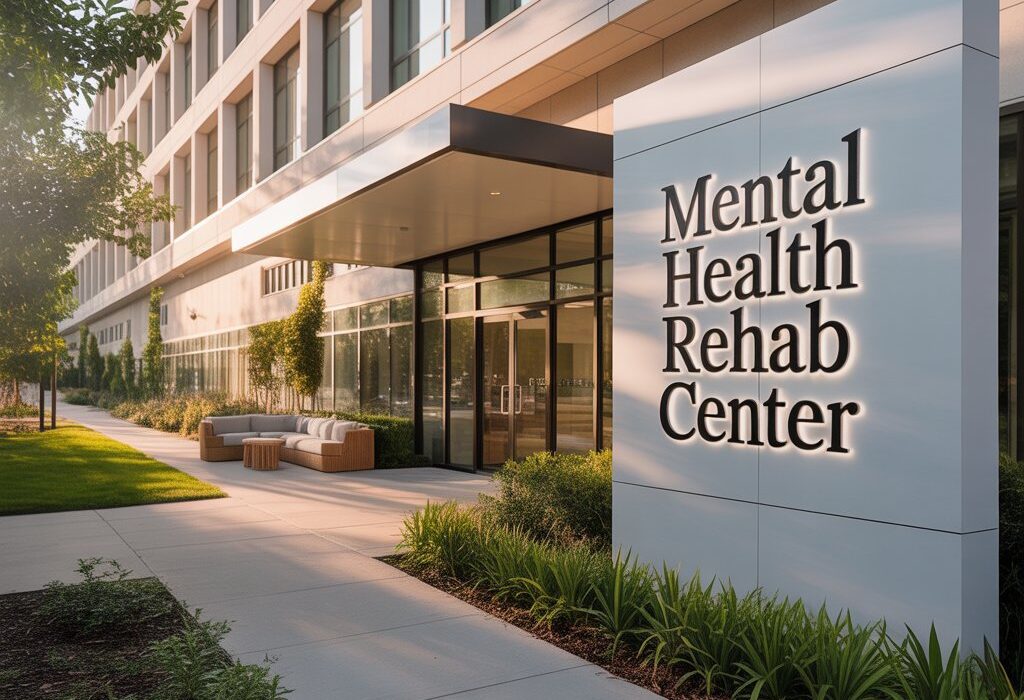A New Beginning: Understanding the Mental Health Rehab Center
The journey toward mental wellness is rarely a straight path. For individuals grappling with severe or complex mental health conditions, daily life can feel like an overwhelming struggle, and traditional outpatient therapy may not provide the intensive support needed for healing. This is where the role of a specialized Mental Health Rehab Center becomes vital. Far from the outdated stereotypes of isolation, a modern mental health rehabilitation center is a place of hope, structured support, and profound transformation. It is a dedicated environment where individuals can step away from the triggers of their daily lives to focus entirely on rebuilding their emotional and psychological well-being.
More Than Treatment: The Holistic Approach to Rehabilitation
A Mental Health Rehab Center offers a level of care that goes far beyond simple medication management or weekly therapy sessions. It provides a comprehensive, holistic program designed to address the whole person—mind, body, and spirit. The goal is not just to stabilize symptoms but to equip individuals with the practical skills and coping mechanisms needed to build a fulfilling, independent life. This is achieved through a multidisciplinary approach that integrates psychiatry, therapy, life skills training, and community support within a safe and structured setting. Consequently, patients are empowered to understand their conditions, manage their health, and reclaim their personal agency.
The Core Components of a Comprehensive Rehab Program
What can one truly expect from a stay at a reputable Mental Health Rehab Center? The experience is built on several interconnected pillars of care, each designed to facilitate deep and lasting recovery.
1. Intensive, Individualized Psychotherapy
At the heart of any rehabilitation program is intensive therapy. Patients engage in multiple individual therapy sessions each week with a licensed psychologist or psychiatrist. Modalities like Cognitive Behavioral Therapy (CBT) help reframe negative thought patterns, while Dialectical Behavior Therapy (DBT) teaches crucial skills in emotional regulation and interpersonal effectiveness. For those with trauma, evidence-based treatments like Eye Movement Desensitization and Reprocessing (EMDR) are often incorporated to process and heal deep-seated emotional wounds.
2. Medication Management and Stabilization
For many, medication is an essential tool for achieving biochemical balance in the brain. At a Mental Health Rehab Center, psychiatric care is readily available. A consulting psychiatrist carefully assesses each patient, prescribes appropriate medications, and meticulously monitors their effects and side effects. This continuous oversight allows for precise adjustments, ensuring the medication regimen is both effective and comfortable, which is a critical foundation for the therapeutic work.
3. Group Therapy and Peer Support
The power of shared experience cannot be overstated. Group therapy sessions provide a safe space for individuals to connect with peers who understand their struggles firsthand. This process reduces feelings of isolation and shame, fosters empathy, and allows patients to learn from each other’s successes and challenges. Furthermore, these groups are skillfully facilitated by a therapist who guides discussions on topics like relapse prevention, communication skills, and building healthy relationships.
4. Life Skills and Psychosocial Rehabilitation
Mental health challenges can often disrupt a person’s ability to manage daily life. Therefore, a key focus of rehabilitation is psychosocial rehab. This involves practical training in essential life skills such as budgeting, meal planning, job readiness, and maintaining a healthy routine. By rebuilding these competencies, individuals gain the confidence and practical ability to reintegrate into their communities and live independently after discharge.
Determining the Right Time for Rehabilitation
Knowing when to seek this level of care can be difficult. Rehabilitation is typically recommended when a person’s mental health condition significantly impairs their ability to function in work, school, or relationships. Specific indicators include:
- An inability to maintain safety or perform basic self-care.
- The failure of outpatient treatment to produce significant improvement.
- A need for a structured environment to overcome severe symptoms or co-occurring disorders.
- The presence of a crisis that requires intensive, round-the-clock support.
What to Look for in a Quality Mental Health Rehab Center
Choosing the right facility is a critical decision. Here are essential factors to consider to ensure you or your loved one receives the highest standard of care.

1. Accreditation and a Multidisciplinary Team
The center should be fully licensed and accredited by relevant health authorities. More importantly, it must employ a diverse team of qualified professionals, including psychiatrists, psychologists, licensed therapists, registered nurses, and occupational therapists. This collaborative approach ensures that every aspect of a patient’s well-being is addressed.
2. Evidence-Based Treatment Modalities
Inquire about the specific therapeutic approaches used. A reputable center will base its programs on scientifically validated methods like CBT, DBT, and EMDR, rather than offering vague or unproven alternatives. The treatment philosophy should be transparent and focused on measurable outcomes.
3. A Strong Aftercare and Discharge Plan
Recovery does not end at discharge. The best centers begin planning for aftercare from the very first day. A robust discharge plan includes connections to outpatient therapists, recommendations for support groups, and a clear protocol for continued care. This seamless transition is vital for maintaining the progress made during the residential stay and preventing relapse.
Taking the Step Toward Sustainable Wellness
Deciding to enter a mental health rehab center is a courageous act of self-care. It is an investment in a future defined not by illness, but by resilience, understanding, and purpose. These centers provide the tools, support, and environment necessary to break destructive cycles, heal from trauma, and develop a robust toolkit for managing life’s challenges. By engaging fully in a comprehensive rehabilitation program, individuals can embark on a transformative journey, emerging with the strength and skills to build a healthier, more balanced, and fulfilling life.
Frequently Asked Questions (FAQs)
1. How is a mental health rehab center different from a psychiatric hospital?
A psychiatric hospital focuses on acute stabilization in a crisis, often for a short duration. A mental health rehab center provides longer-term, comprehensive rehabilitation focused on teaching coping skills, therapy, and life strategies for sustainable recovery and reintegration into daily life.
2. What is the typical length of stay in a rehabilitation program?
The length of stay varies significantly based on individual needs, but it typically ranges from 30 to 90 days. Some programs for complex conditions may recommend longer stays to ensure treatment goals are thoroughly met and a solid foundation for aftercare is established.
3. Are these centers effective for treating dual diagnosis (addiction and mental illness)?
Yes, the most effective treatment for dual diagnosis is integrated care, which is a specialty of many mental health rehab centers. This approach simultaneously addresses both the substance use disorder and the underlying mental health condition, as they are often deeply interconnected.
4. How is family involvement handled in the treatment process?
Family involvement is strongly encouraged. Most centers offer family therapy sessions, educational workshops, and designated visiting times. Healing family dynamics and educating loved ones are seen as crucial components of creating a supportive environment for long-term recovery.
5. Is treatment at a mental health rehab center confidential?
Absolutely. All reputable healthcare providers are bound by strict patient confidentiality laws, such as HIPAA in the US and similar regulations elsewhere. Your privacy is protected, and your information cannot be shared without your explicit written consent, except in specific safety-related situations.




